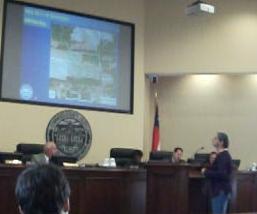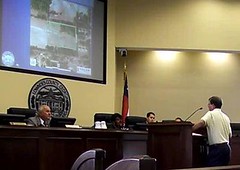If Portugal can do it, Washington state or even Georgia can do it.
For comparison:

So
Portugal, which has successfully decriminalized drugs,
is similar in scale to a mid-sized U.S. state.
Somewhat bigger than
Washington state, which just almost got marijuana decriminalization
on a ballot, and of whose voters almost a majority support it.
With a little more work, people against prohibition could get
Washington to be the first state to end marijuana prohibition.
Too bad they’re not going for
all drugs, like Portugal did,
but marijuana offences account probably for the most drug-related lockups,
so that’s a good place to start.
Still, the problem won’t be solved until the drug cartels
and the prison-industrial-complex are deprived of their drug-related income
by legalizing the rest, and taxing them so states derive income from them.
Meanwhile we could refuse to participate by declining a private prison in Lowndes County, Georgia, and spending that tax money on rehabilitation and education instead.
-jsq
 David Rodock wrote in the VDT 13 July 2011,
Citizens speak against Cat Creek crowding:
David Rodock wrote in the VDT 13 July 2011,
Citizens speak against Cat Creek crowding:
 She referred to a report County Planner Jason Davenport
commissioned from
Prof. Jeffrey H. Dorfman of UGA,
Local Government Fiscal Impacts of Land Use in Lowndes County,
December 2007,
in which he recommended development close in to existing services
for the most benefit to all parties.
As
Prof. Dorfman has said,
She referred to a report County Planner Jason Davenport
commissioned from
Prof. Jeffrey H. Dorfman of UGA,
Local Government Fiscal Impacts of Land Use in Lowndes County,
December 2007,
in which he recommended development close in to existing services
for the most benefit to all parties.
As
Prof. Dorfman has said,
“Local governments must ensure balanced growth, as sprawling residential growth is a certain ticket to fiscal ruin*








